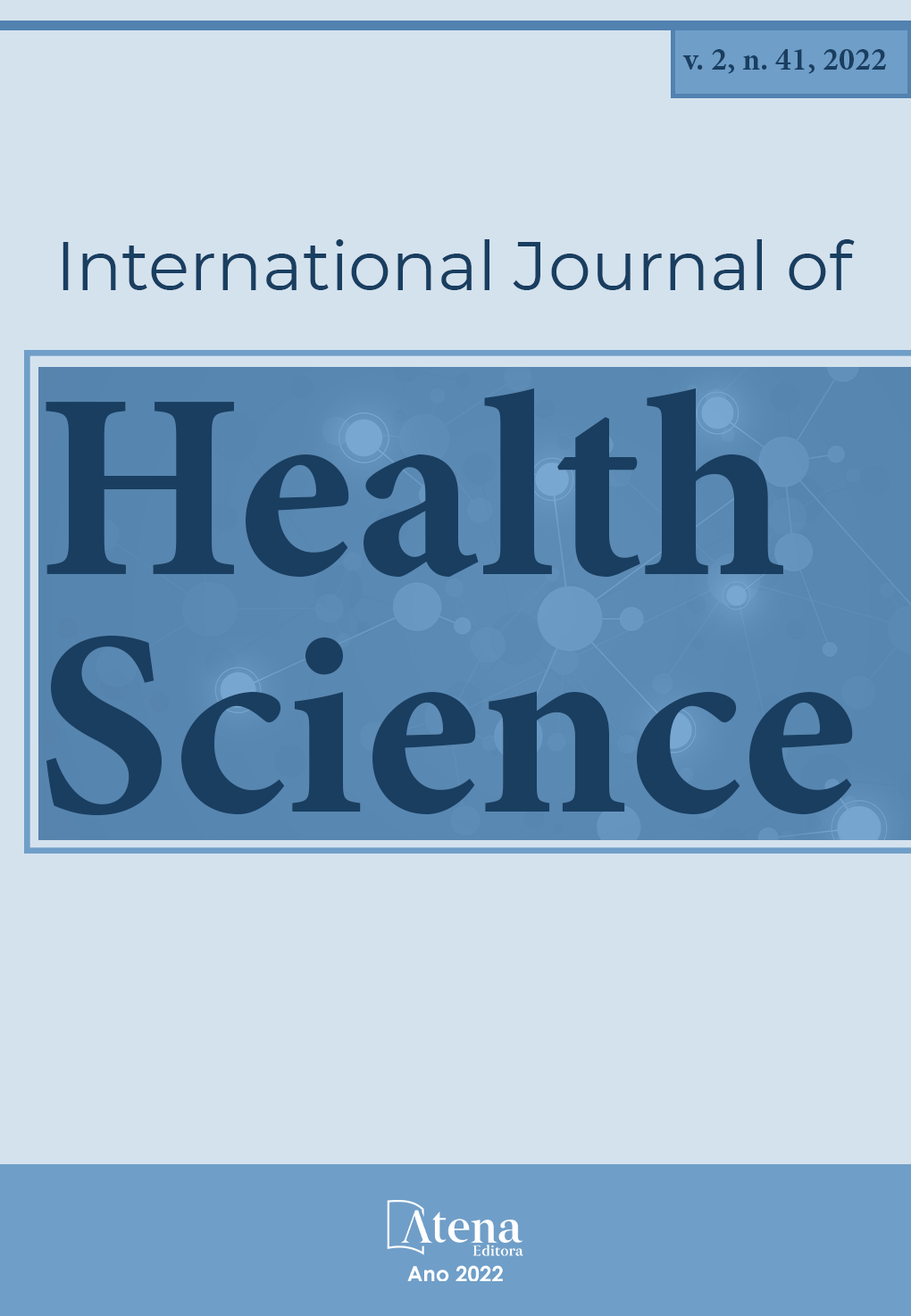
EDUCATION BY WORK FOR HEALTH PROGRAM: O CONTROL SOCIAL AT THE UNITED HEALTH SYSTEM
To recognize at weaknesses nowadays experienced fur social control of the Unified Health System (SUS), the health education initiative and permanent education on the subject through the Education Program for . health Work- Interprofessional (PET Health) in a Basic Health Unit of the Federal District. It came to the understanding that the unity is not the adequate place for complaints ; the access to the mechanisms in control Social no are bureaucratic and may occur via smartphone; The participation at the control Social potentiates The resoluteness From problems and the contribution active of the community us health advice is more efficient than just complaints, as it is the population that must say the most realistic way to solve the problems that presents. The professionals expressed that they will know how to direct their patients to the correct flow of manifestation of their complaints, seeking to correct failures and strengthen the system. social control not from SUS (Unified Health Systyem) must remain a bureaucratized tool, a space for disputes strictly institutional and capitulated by political figures to satisfy of the neoliberal policies of the bourgeois State, but it must once again be a space for action of the vulnerable community, of social minorities and of all those and those that envision the conception of an egalitarian State and the maintenance of the health universal public. This is a descriptive, report-type study. experience, which aims to reflect on the experience of an education program in health, in the form of a waiting room, and an education program permanent.
EDUCATION BY WORK FOR HEALTH PROGRAM: O CONTROL SOCIAL AT THE UNITED HEALTH SYSTEM
-
DOI: 10.22533/at.ed.1592412225072
-
Palavras-chave: unified health system; social control; primary care to health; education in health; education interprofessional.
-
Keywords: unified health system; social control; primary care to health; education in health; education interprofessional.
-
Abstract:
To recognize at weaknesses nowadays experienced fur social control of the Unified Health System (SUS), the health education initiative and permanent education on the subject through the Education Program for . health Work- Interprofessional (PET Health) in a Basic Health Unit of the Federal District. It came to the understanding that the unity is not the adequate place for complaints ; the access to the mechanisms in control Social no are bureaucratic and may occur via smartphone; The participation at the control Social potentiates The resoluteness From problems and the contribution active of the community us health advice is more efficient than just complaints, as it is the population that must say the most realistic way to solve the problems that presents. The professionals expressed that they will know how to direct their patients to the correct flow of manifestation of their complaints, seeking to correct failures and strengthen the system. social control not from SUS (Unified Health Systyem) must remain a bureaucratized tool, a space for disputes strictly institutional and capitulated by political figures to satisfy of the neoliberal policies of the bourgeois State, but it must once again be a space for action of the vulnerable community, of social minorities and of all those and those that envision the conception of an egalitarian State and the maintenance of the health universal public. This is a descriptive, report-type study. experience, which aims to reflect on the experience of an education program in health, in the form of a waiting room, and an education program permanent.
-
Número de páginas: 15
- Mônica Caixeta dos Santos
- Lígia Maria Carlos Aguiar


